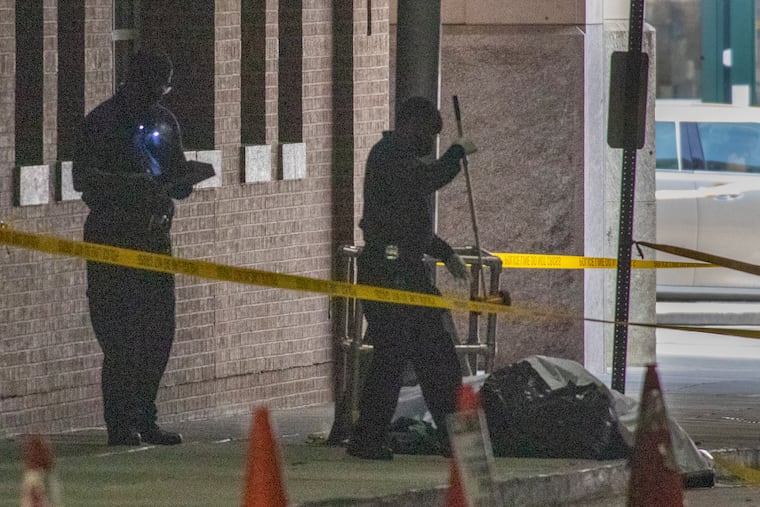Is probation the key to gun violence prevention? Not the way Philly is trying. | Editorial
For many, probation is a trap — not a path out of violence.

In April, Philadelphia’s Office of Violence Prevention (OVP) released an update to the “Roadmap to Safer Communities,” the city’s anti-violence framework. One word was missing from the update: probation. The omission is peculiar because, in the mayor’s proposed budget, nearly a quarter of the OVP’s $12.5 million is earmarked for probation.
» READ MORE: It’s time to support the Black men in Philadelphia being destroyed by gun violence | Solomon Jones
For decades, studies have shown that many of the people who are most likely to kill or be killed are already involved in the criminal justice system. If some of the people most at risk already check in with a probation officer, why not leverage that opportunity to also offer services in the hope of reducing gun violence?
That was the logic behind the Youth Violence Reduction Partnership (YVRP).
Philadelphia launched YVRP in 1999. Almost exclusively Black teens and young men, who have been identified by either juvenile or adult probation officers or algorithms, would receive both closer supervision (such as home visits) and first dibs on services (such as help finding a job) with the goal of keeping them alive. A key element of the program was the utilization of street workers — not probation officers — to engage youth.
Between 1999 to 2020, YVRP served more than 9,000 individuals ages 14 to 26. Fewer than 2% were involved in gun violence. If those are the individuals most at risk, that seems like a success.
There is reason for concern about whether probation identifies risk appropriately. Probation uses a secret algorithm to make those determinations.
Some decades-old formal evaluations of YVRP cautiously suggest that the program could prevent violence, but to achieve that the program would require “$1.5 and 2 million per year per police district” and a commitment from Philadelphia to implement the “model with fidelity — paying careful attention to the role of the street worker.”
Last year, the city reduced the funding for the program, removed the crucial street worker element, and rebranded it as Violence Prevention Partnership (VPP). The program is similar to YVRP — just leaner and relying even more on probation officers to act as social workers.
VPP never fully launched because of the pandemic. There were no home visits or office visits in adult probation, and despite efforts to connect via phone or virtually, District Attorney Larry Krasner cited these disruptions as part of the reason for the spike in gun violence during the past year.
» READ MORE: The Probation Trap
For many people, probation becomes a trap. What was supposed to be a lenient alternative to incarceration can become a life sentence due to technical violations and unreasonable expectations. The pandemic might have reduced trust even more, as many spent months in jail only because of court closures.
It is against this backdrop, where the door to jail is always open, that probation officers are expected to act as trusted advisers of the most high-risk individuals in the city — and help them transform their lives.
If OVP and Mayor Jim Kenney believe that probation is the right avenue to provide services, then they should implement the YVRP model with fidelity and fund it appropriately. Sending out probation officers as outreach workers without much to offer besides jail time is unlikely to reverse Philadelphia’s shooting trend.